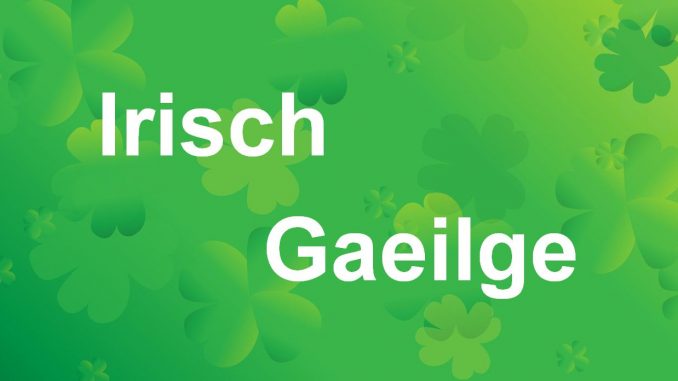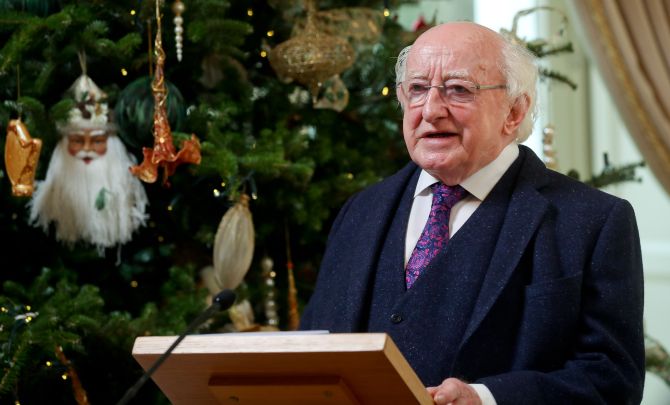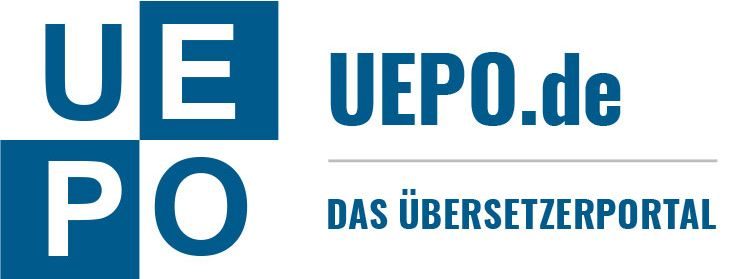
Ab dem 1. Januar 2022 ist Irisch eine „Arbeitssprache“ der Europäischen Union. Das bedeutet: Es werden noch mehr Übersetzungen angefertigt, die niemand braucht und niemand liest. Denn im Land selbst wird das Irisch-Gälische lediglich von rund 100.000 der 4,9 Millionen Iren gesprochen.
Seit dem 1973 erfolgten Beitritt Irlands zur EU war Irisch lediglich eine so genannte „Vertragssprache“. Das heißt, dass ausschließlich Verträge übersetzt wurden.
Im Jahr 2007 wurde sie dann zur „Amtssprache“ erhoben. Eigentlich hätten fortan alle juristischen und andere offizielle Dokumente übersetzt werden müssen. Aber darauf wurde im Rahmen einer Ausnahmeregelung verzichtet. Dieser Verzicht endet mit dem Jahr 2021.
Irlands Europaminister Thomas Byrne hofft mit der jetzt erfolgten Statusänderung auf eine „Renaissance der irischen Sprache“.
Für die Wiederbelebung der einst im Sterben liegenden Sprache hat sich der Beitritt zur Europäischen Union ausgezahlt und als Segen erwiesen – nicht zuletzt durch den Aufbau irischer Abteilungen in den Sprachendiensten.
Das Übersetzungsvolumen hat sich von 7.958 Seiten im Jahr 2016 auf 24.563 Seiten im April 2021 verdreifacht. Und bis Oktober 2021 verdoppelte es sich fast noch einmal auf 45.940 Seiten, wie The Irish Times ermittelt hat.
Die irische Sprache boomt also – zumindest in Brüssel.

„Wir haben uns das Englische zu eigen gemacht, aber …“
Auch Staatspräsident Michael D. Higgins hat zum Stichtag eine Erklärung veröffentlicht. Die Statusänderung sei eine „wichtige internationale Anerkennung“ der „besonderen Identität“ der Iren mit ihrer „eigenen, unverwechselbaren Sprache“, die ein wichtiger Teil des irischen Erbes sei.
Higgins verkennt nicht, dass die meisten Iren die Sprache nicht beherrschen und sie allenfalls als ein folkloristisches Element ihrer Identität betrachten. Er ruft dazu auf, jetzt größere Anstrengungen für die Sprache zu unternehmen.
Wir haben uns das Englische zu eigen gemacht, und wir sind zu Recht stolz auf unsere vier Nobelpreisträger für Literatur in dieser Sprache, aber jetzt haben wir ein weiteres sprachliches Instrument für unsere Gedanken und den Meinungsaustausch.
Zwar sei es gut, die Sprachen der Freunde in Europa zu lernen und zu sprechen, aber:
Es ist von immenser Bedeutung, dass wir unsere eigene Sprache verwenden.
Wenn ab jetzt die Sprache der Vorfahren in der EU täglich in Gebrauch sei, solle jeder seine persönliche Einstellung zur Landessprache überdenken. „Lasst uns diese Gelegenheit nutzen, um sie zu einem Teil unseres Lebens zu machen“, so der Präsident.
*
Statement by President Michael D. Higgins on the Irish language attaining full status in the European Union
Date: Sat 1st Jan, 2022 | 09:00
President calls on public to make a resolution to give the language a place in our daily lives.
“On this special historic occasion may I congratulate and send my best wishes to all those working with and through the Irish language in the European Union and at home.
Today is a significant day for the language, as it attains full status in the European Union with the ending of the Irish language derogation. This full status is an important recognition at international level of our specific identity as a people with a distinctive language of our own that we use alongside all the other languages we use and respect.
It places our language on an equal footing with those of the founding members of the Union, and those of the Member States who have joined over the years since. This is a significant achievement, and it will be gratifying for many people to know that, every day, the Irish language will now be in use in the European Union.
While the language will now be in every day use in the EU, we must now seize the opportunity to also take responsibility for ensuring that it means something in our own lives. I gcroílár gnóthaí laethúla na hEorpa; i gcroílár an tsaoil sa Bhaile.
Along with the Official Languages (Amendment) Bill, which I signed into law shortly before Christmas, I would urge people throughout Ireland to take this opportunity to renew their own relationship with our language, which is such an important part of our heritage.
Yes, we must learn the languages of our friends in Europe and use as much of their languages as we can, but there is immense significance to having our own language in use. We have made English our own, and we rightly take pride in our four Noble laureates in literature in that language, but now we have a further linguistic tool for our reflections and exchanges.
I do not take lightly the many reasons why people do not always feel a strong connection to the language, not least the varied experiences which people may have had in the education system in decades past. However, I would suggest that now is the time to make one great effort for the language.
When Teilifís na Gaeilge was coming on the air, I said ‘give the Irish language another chance’. Now I say throw off all the inhibitions, the excuses, the laziness and as the language of our ancestors becomes at even level in daily usage in the European Union, let us go and make a resolution to give it a place in our daily lives at home – i lár an aonaigh, inár ngnáthcaint.
Today is a day of opportunity, when the Irish language joins so many others with full status in the European Union. However it is up to all of us to seize this new moment and to ensure that the language means something. We have, in this coming year not only a responsibility, but a joyful opportunity to ensure that our native language is available and valued by our future generations. The Irish language is that of us. Let us take this opportunity to make it part of all of our lives. Our young people are showing how it carries no burden of any exclusion or dismissal of others. Every generation can be part of our shared Irish, European, global multiple identities.
Let us all build on what we have and let January 1st 2022 be the year of the iarracht mhór ar son na teanga agus a dtugtar an t-ómós is cóir do gach teanga ar an domhain.”
***
Richard Schneider
